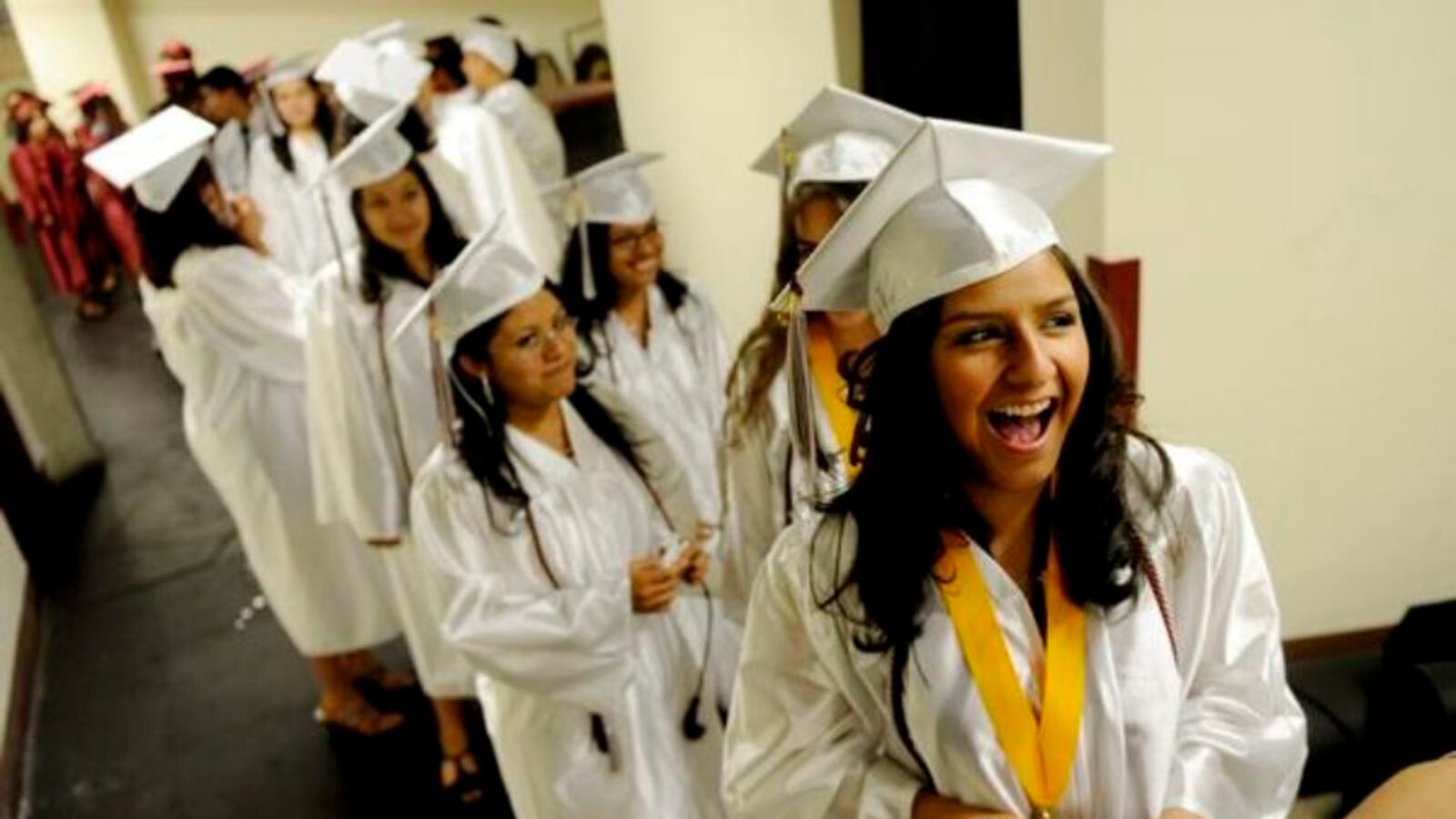Colorado high school graduates next year likely will be able to earn a new credential that proves to colleges and employers they can communicate in at least two languages.
The House Education Committee on Monday approved Senate Bill 123, which lays out the criteria students must meet to earn a biliteracy endorsement.
The bill already has won support from the state Senate and faces one last debate in the House of Representatives before going to the governor’s desk.
Three school districts began issuing their own bilingual endorsements in 2016.
Last year, the State Board of Education rejected a resolution that would have encouraged more schools to develop their own seal of biliteracy. Republicans on the board voiced concern about a lack of statewide criteria and that the endorsement would be handed out unevenly.
If this bill becomes law, that would change.
For a students to earn the seal, they would need to prove they’ve mastered both English and another language by earning at least a B in all of their language classes, earning high marks on the English portion of the SAT, and pass both an English and foreign language test provided by either the Advanced Placement or International Baccalaureate programs.
If such a test doesn’t exist for a language the student has studied, the school may either create a test that must be vetted by the state education department or the student may submit a sample of work for review.
Ella Willden, a seventh grader at Oberon Middle School in Arvada, told Colorado lawmakers she and her fellow students are excited for the chance to earn the diploma seal, and that it would mean a better shot at a good college or career after high school.
“I know many of my classmates will jump at the chance to earn this seal if given the opportunity because they want to get into some of the top schools in the nation and they want every advantage they can get,” she said. “Whether I go to college or I go to work, this seal will open doors for me throughout the state.”

